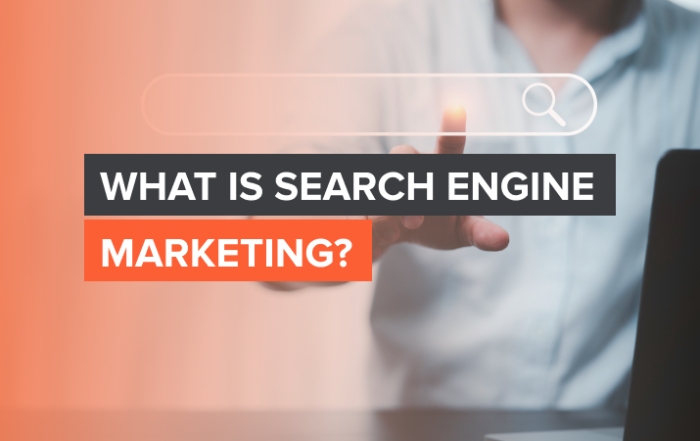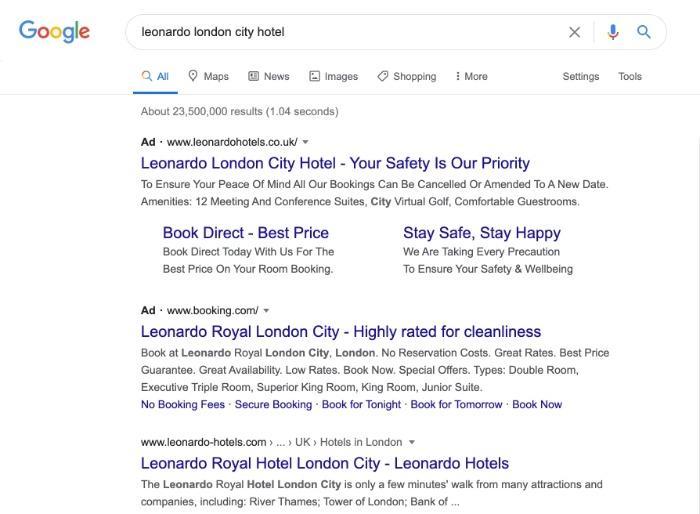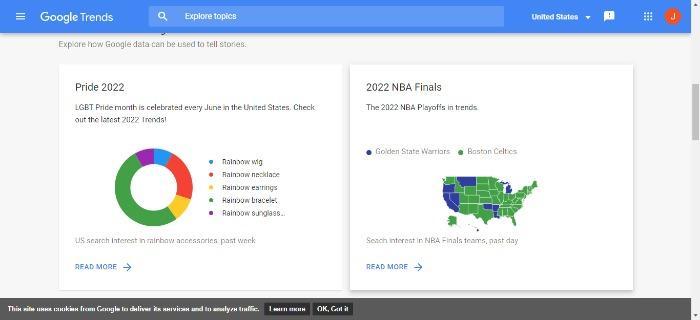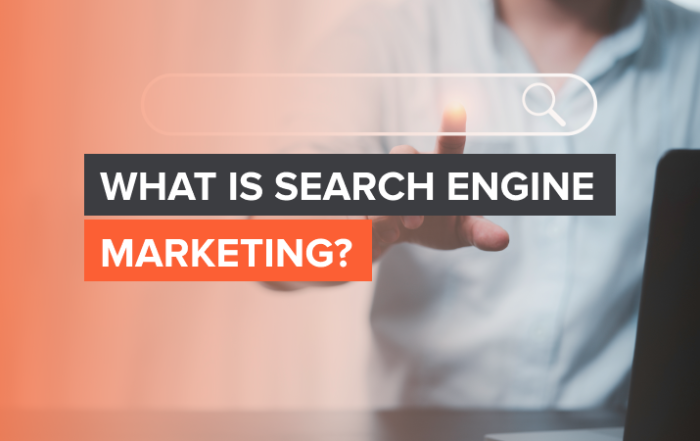What Is Search Engine Marketing?

By Neil Patel
What if I told you there’s a simple way to get noticed online that anyone can use?
Have you guessed what I’m talking about yet? It’s search engine marketing.
Although it’s sometimes confused with SEO, SEM marketing relates to your paid advertising efforts like Google Ads to improve the visibility of a website or product in the search engine results pages (SERPs) and helps establish brand recognition.
Search engine marketing takes the form of responsive, Google shopping, and service ads. You also see them as text ads, like this one:

However, it’s not quite as simple as paying for an ad and hoping for the best. As an advertiser, you need to have:
- A targeted strategy behind your paid advertising campaigns
- An understanding of your competitors
- A method for carefully selecting your keywords and phrases that appear in the ads
- An effective ad campaign
Since SEM marketing is open to everyone, provided their budget permits, vast numbers of agencies use this method to get results, and they’re happy to spend large amounts of money on it. Research from the State of PPC 2022 shows that agencies surveyed pay anything from $5,000 to over $20 million monthly on PPC.
The Fundamentals of Search Engine Marketing
Just like most other forms of online promotion, SEM marketing works best when you get the fundamentals right. Where do you start, and what do you need to consider? Hold on while I cover some of the basics:
- Do your research: Your ads are only as effective as your keyword research. Without this, you can’t target your ideal customers, and you’ve little chance of converting click-throughs into customers. There are numerous free and paid-for tools you can use for finding keywords. Start with Ubersuggest for strong keyword ideas. Alternatively, you can use Google Trends to find out what’s hot.

- Set a budget: Next, you want to think about the cost. It’s easy to burn through your PPC budget if you’re not careful. However, by focusing on your Quality Score and concentrating on keyword relevance, you can keep your costs down.
- Use keywords in other online content. For consistency, make sure you use relevant keywords on your website or landing page, too.
- Target your ads: Who are your ideal customers and how can you reach them? Consider aspects like locations, timezones, devices they use, where you’re likely to find them online, etc.
Why Is Search Engine Marketing Important?
There are many reasons why SEM marketing is at the heart of many companies’ marketing plans. Its key advantages include:
- It’s a great way to target potential customers who are already interested in your offer. You can specify the keywords you want your ads to target, so you only pay for clicks from people who are …read more
Source:: Kiss Metrics Blog







